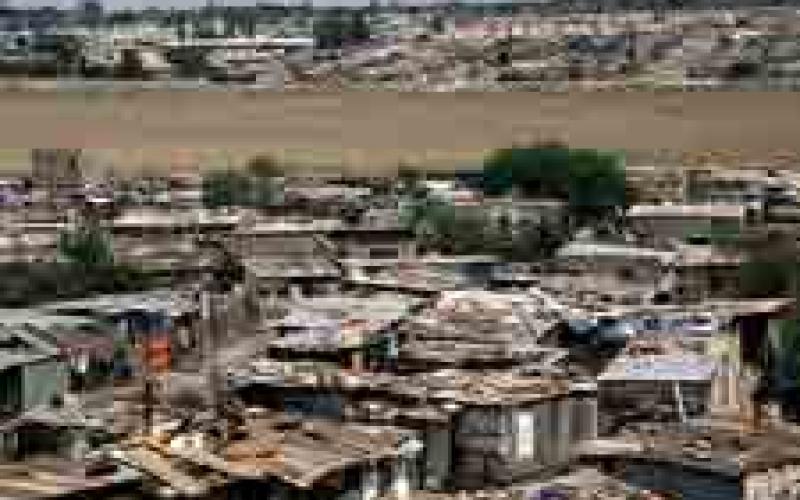
The Soweto student protests in 1976 marked the high point of youth revolt against the oppression of the apartheid regime. Today, young people in independent South Africa face new enemies arising from poverty and lack of access to opportunities necessary for a dignified life
Youth Day in South Africa, June 16, commemorates the beginning of the Soweto riots in 1976. These riots began in protest at the then-apartheid government’s edict that schooling should be conducted only in Afrikaans. Language is one of the carriers of a person’s culture, and through that, their identity. The uprising which ensued was as much about one’s right to dignity as it was about fighting oppression and demanding the right to accessible education. South Africa is a diverse, multicultural country which now boasts over ten official languages-each language the mother tongue of one of the country’s major ethnic groups. In this nation’s calendar, June 16 marks a revolutionary moment when the youth rose up to be heard, and was one of the events leading to the realisation of independence in 1994.
Back then, the enemy against whom the youth rose up was systemic oppression by the apartheid regime. Thirty-seven years later the enemy, according to President Jacob Zuma’s Newcastle Youth Day address, is (or rather, are) drugs, gangsterism, alcohol-abuse, teenage pregnancy, truancy, mob justice, child and women abuse and xenophobia.
It’s a formidable list. But the fight has to start somewhere. So, the theme for this year’s Youth Day is “Working together for youth development and a drug-free South Africa”.
South African youth are faced with high unemployment, lack of access to adequate educational facilities and resources, high crime rates and general societal inequalities. Yet youth are Africa’s largest population group and are the key to our economic, cultural and social future. The empowerment and protection of this age group should be a priority for all governments across Africa which hope to create prosperous societies in the coming decades.
The focus areas declared for this year “youth development and a drug free South Africa” are looming issues which have no quick solutions. Tackling drug abuse amongst the youth requires addressing the fundamental causes: deteriorating family and social support structures, poverty in communities and poor access to high-quality education. Add to this that drug trafficking is an industry which deals in preying on society’s most vulnerable and creates a psychologically and physically dependent client base… And we have a long struggle ahead of us which will require the involvement of communities, families, government, police, healthcare providers and independent support agencies.
Youth development is a far more broad target which encompasses aspects of social, economic and cultural empowerment of youth. Several organisations, whether independently or in conjunction with government, have started initiatives to address the issues facing youth in South Africa. These range from combating rape and sexual abuse, to empowering youth to be change agents in their own economic futures.
Empowering youth is a long, arduous journey and we are all partners on this road. As Youth Day celebrations, speeches and reflections come to an end today and people return to their everyday routines tomorrow, my hope is that the sacrifices and stand made in Soweto in 1976 will not be forgotten. The youth are not only our future, but they are our present and how we deal with the issues facing them today will determine how they deal with issues tomorrow.
* Linda Frances Musabayana blogs at http://thelfm.wordpress.com/2013/06/17/south-africas-youth-day-2013/
- Log in to post comments
- 749 reads


































